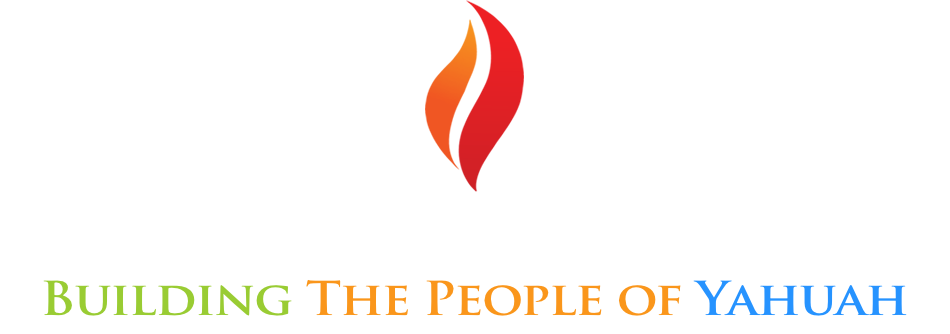The Annual Feasts and Holy Days
The Scriptures teach that there are seven annual feasts and holy days, which were ordained by God to be observed as special commanded convocations. These feasts and holy days portray God’s plan of salvation for mankind. The observance of these holy convocations is a sign between God and His people. God’s annual feasts and holy days were observed by His people during Old Testament times. In the New Testament, Yahushua Christ’s entire ministry was centered around the spiritual meaning of these holy days. The New Testament apostolic Church faithfully observed these annual feasts and holy days. The Scriptures reveal that they will be observed by all mankind after the return of Yahushua Christ.
As the holy days are annual Sabbath days, they may fall on any day of the week (except Pentecost, which always falls on a Sunday). When a holy day falls on a weekly Sabbath, the special observance of the annual holy day takes precedence. God’s feasts and holy days are to be observed from sunset to sunset in accordance with the Calculated Hebrew Calendar as preserved by the Levitical Jews. The seven annual feasts and holy days are as follows:
Feast or Holy Day Commanded Scriptural Date of Observance
1) Passover 14th day of the first month *
2) Unleavened Bread (7 days) 15th through 21st days of the first month
3) Pentecost Counted annually**
4) Trumpets 1st day of the seventh month
5) Atonement 10th day of the seventh month
6) Tabernacles (7 days) 15th through 21st days of the seventh month
7) Last Great Day 22nd day of the seventh month (a holy day)
**Fifty days are counted, beginning with the first day of the week during the Days of Unleavened Bread. The feast is observed on the fiftieth day, which always falls on the first day of the week.
Scriptural References
Lev. 23 | Ex. 23:14-17 ; 31:13 | Ex. 12:1-20
John 7:37 | Matt. 26:17-18 |1 Cor. 5:7-8
Acts 2:1 | Acts 18:21 | Acts 20:16
I Cor. 16:8| Zech. 14:16-19 | Isa. 66:23
*Not a holy day
